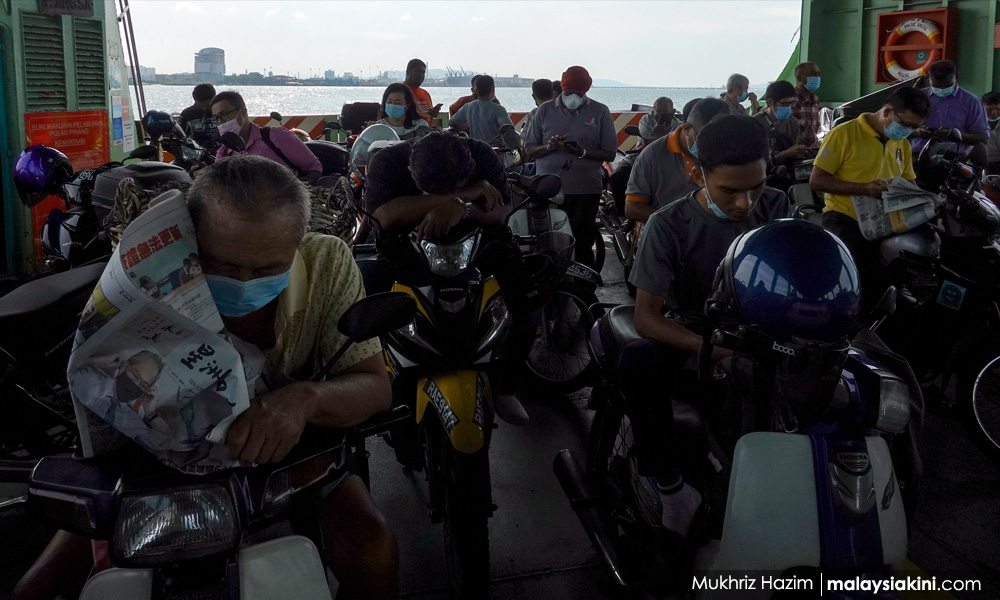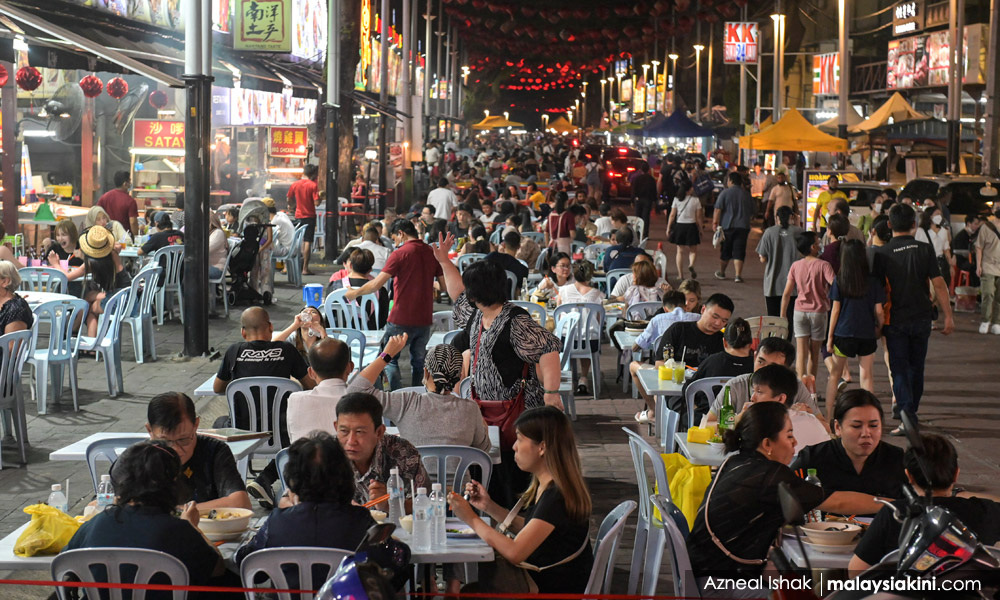LETTER | On Nov 3, a lorry from Tawau heading towards Semporna veered into the opposite lane and crashed into a tour bus, killing a passenger. The bus was on its way to Tawau Airport with 15 tourists from China.
The collision sent the bus skidding and landed on its side. Mercifully, the other 14 passengers escaped unhurt. The bus driver suffered trauma and was sent to Tawau Hospital. The lorry driver sustained a broken right leg and was hospitalised.
As for the deceased, the family would have to decide whether the body is to be buried or cremated in Sabah or repatriated to China. Apart from the costs involved, will the family of the deceased be getting any compensation?
Over the past decades, inbound tour operators have been assuring overseas outbound tour operators that passengers travelling in tour buses and vans in Malaysia are covered by insurance but I beg to differ.
I have been asking tour vehicle operators who claimed that their passengers are insured to state the name, type and amount of cover and when are claims usually paid.
These are clearly stated in personal accident insurance (PAI), including travel insurance, which is a short-term PAI.

The maximum sum insured is payable for death or permanent disablement in PAI, which can be RM100,000 or many times higher. The amount is promptly paid for any accidental injury as there is no need to establish who was at fault and coverage is round-the-clock.
The more knowledgeable operators would say their bus motor insurance policies include legal liability to passengers. However, this does not cover the passengers but the driver’s liability to passengers in the event the driver was at fault in an accident that resulted in injury to passengers.
For such covers, injured passengers would have to engage lawyers to sue the driver to get compensation. It usually takes several years to reach a court decision, and the quantum varies according to the extent of injuries, suffering, loss of livelihood, medical expenses and others.
The motor insurance company would be obliged to pay if the tour bus and driver were in full compliance with all the terms and conditions stated in the motor insurance policy. If not, coverage could be automatically cancelled, and the insurer would repudiate any claim.
This could happen when the vehicle was driven under the influence of drugs or alcohol, and drugs are not limited to narcotics or substance abuse but also common medications that could cause drowsiness such as antihistamines and some cough syrups.
Although consuming excessive amounts of alcoholic drinks is the common cause of intoxication, a driver can also get high by inhaling the fumes of certain types of glue to produce intoxicating or hallucinatory effects. This is also prevalent among children in some areas.
For this accident, the bus driver was not at fault and therefore not liable for any injury suffered by passengers. Hence, it would be fruitless to sue the bus driver and expect the bus insurance company to pay compensation under legal liability to passengers.
Taking matters to court
Instead, the deceased family could sue the lorry driver under third-party cover for causing injuries, which is mandatory for all motor vehicles in Malaysia. The lorry’s insurance company is obliged to pay out compensation as decided by the court, usually in a few years' time.
But if the lorry or its driver were in breach of any terms and conditions of the motor insurance policy, it is likely the insurance company would repudiate coverage.
If so, the deceased family would only win a paper judgment when the lorry driver has no means to pay compensation.
Some years ago, several Chinese tourists were injured in a bus accident in Thailand and were adamant in demanding immediate compensation instead of allowing the law to take its course. The situation was defused after the Thai government stepped in to pay out of goodwill.
In Malaysia, it is imperative that the contracts signed between local inbound operators with overseas outbound operators include clauses that spell out how passengers injured in tour buses and vans could claim compensation and the entire process could possibly take a few years.
As such, it is highly recommended that tourists buy their own travel insurance to cover physical injuries, illnesses, medical expenses and other contingencies, as they are easily claimable according to the amounts insured without having to establish fault and wait for a court decision.
Regardless of the amounts covered by their own life, accident and travel insurance, injured tourists could still sue for compensation if they wish.

However, most would not bother as suing overseas could be too troublesome and would rather leave the sad episode behind.
Taxi and bus operators must ensure their vehicles and drivers are always in full compliance with all the terms and conditions of the motor insurance policy.
If not, there is no cover for legal liability to passengers, and the driver and vehicle owner are personally liable for damages.
Vehicles licensed under Hire and Drive permits and private cars can also be insured for legal liability to passengers but the insurance premium for the former is very much higher than luxury taxis, with the latter much lower and very affordable.
And just like the vehicle’s motor insurance, the legal liability covers only for private use as Hire and Drive vehicles are not allowed to carry fare-paying passengers and private vehicles cannot be used for hire or reward, unless granted prior permission by the insurance company.
Writer is a master trainer for Mesra Malaysia and Travel & Tours Enhancement Course as well as an Asean Tourism Master Trainer. He is also a transport and training consultant and writer.
The views expressed here are those of the author/contributor and do not necessarily represent the views of Malaysiakini.

